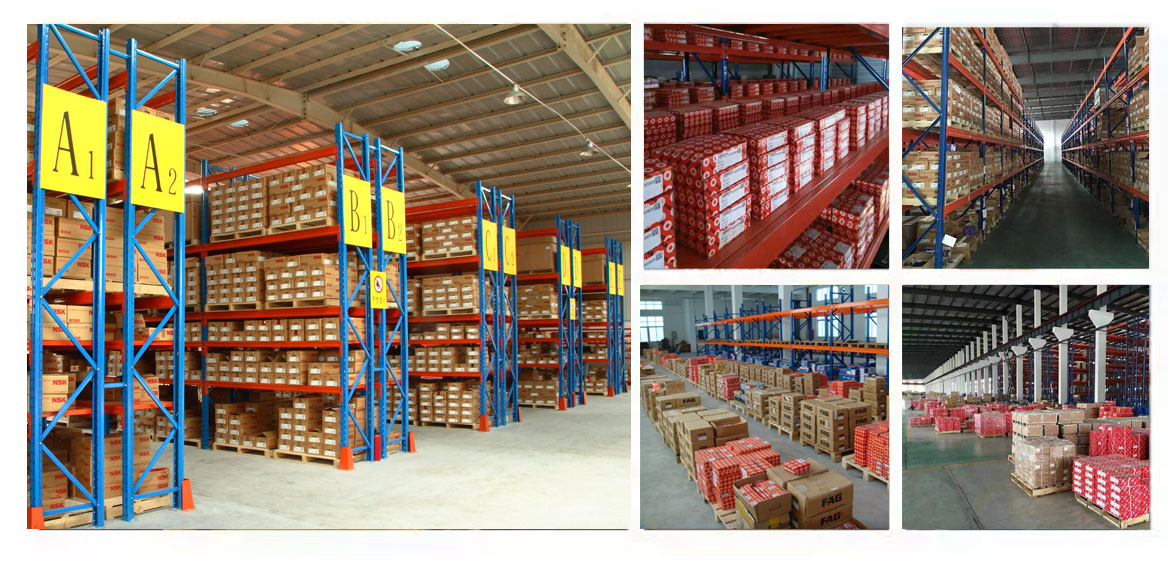Japan's surge in capital expenditure is shifting to the service sector, raising concerns that self-checkout systems and software will make Japan's proud hospitality less personal contact.
The role of economic power is undeniable. In the next 50 years, the working age population will drop by about 1/3, and enterprises will not find enough workers.
Turning to automation can improve productivity and break through the bottleneck of economic growth, but it also means that customer-oriented service-oriented culture will give way.
Reuters Graphic
"The level of hospitality depends on where to shop. But in any case, we emphasize face-to-face communication, "Naoki Kobayashi, 52, a sales manager at a telecom company, said after buying drinks at an empty shop in northern Tokyo. "Our population is also decreasing, so I can understand why some retailers have to change."
JR East Japan Railway (9020.T) and Signpost Co (3996.T), an information technology consulting firm, jointly opened the store at a station on a popular commuter line last month.
As for payment, customers can use RFID card when entering or leaving. Cameras with AI will track and record what products they choose.

PREVIOUS:BAML says funds continue to flow out of equity funds NEXT:China's soybean demand does not count on US farmers to plan to turn to staple cr

